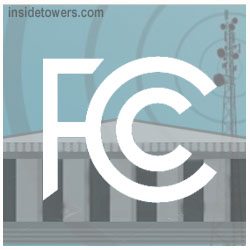The FCC Wednesday extended service implementation and filing deadlines for its E-Rate program to provide relief to program participants affected by the COVID-19 outbreak. The extra time will lift administrative and compliance burdens on schools and libraries so they can focus on transitioning to remote learning.
The order waives the service implementation deadline for special construction for all funding year 2019 applicants and extends the deadline by one year, from June 30, 2020, to June 30, 2021. Under Commission rules, applicants must complete special construction (e.g., deploying fiber) and the network must be “lit” or in use by June 30 of the applicable funding year. With schools and libraries closed for lengthy periods of time, the order recognizes that service providers may not be allowed on the premises and may experience significant challenges in meeting the construction deadline.
The extensions, said Chairman Ajit Pai, are “yet another step the FCC is taking to offer help to students and teachers in need. I look forward to continuing to work with Congress to fund a Remote Learning Initiative so that every child can continue being educated during the pandemic.”
As part of the order, the Wireline Competition Bureau also extends the service delivery deadline for non-recurring services for funding year 2019 by one year, from September 30, 2020, to September 30, 2021, and grants schools and libraries an automatic 60-day extension to file requests for review or waiver of decisions by the E-Rate program administrator, the Universal Service Administrative Company (USAC). The order also provides applicants and service providers an automatic 120-day extension of the invoice filing deadline and gives program participants an additional 30-day extension to respond to certain information requests from USAC.
Last month, the bureau directed USAC to extend the deadline for funding year 2020 E-Rate applications to April 29. It also waived the E-Rate program’s gift rules to make it easier for broadband providers to support remote learning efforts during the pandemic.





Reader Interactions